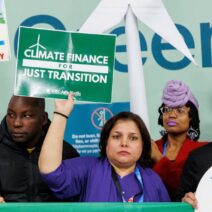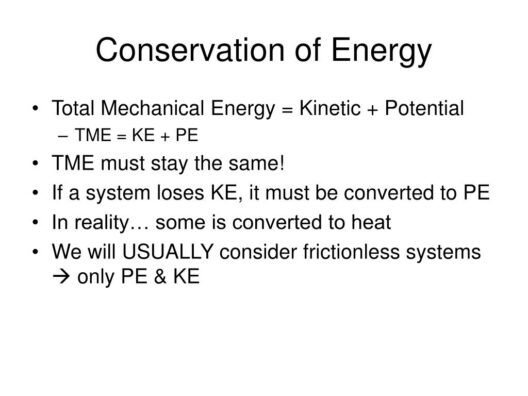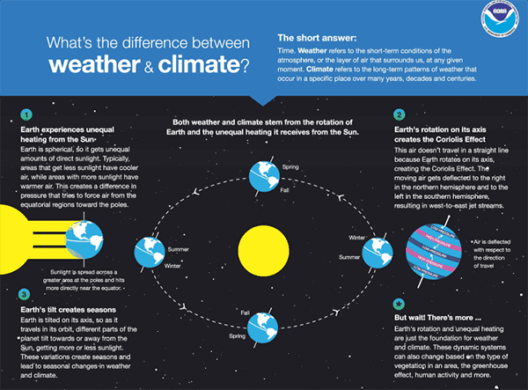The conversation surrounding climate change is multifaceted and often contentious, drawing in political figures from across the spectrum. One such figure is Ben Shapiro, a well-known conservative commentator. His views on climate change have sparked debates and discussions, particularly concerning their implications for public policy and environmental action. At the heart of the inquiry is the question: does Ben Shapiro believe in global warming, and what are the ramifications of his stance in the larger political and scientific discourse?
First, it is essential to delineate Shapiro’s position on climate change. He acknowledges the phenomenon, asserting that the climate is changing, driven in substantial part by human activity. However, his rhetoric tends to emphasize skepticism—particularly concerning the severity of the predicted impacts of climate change and the policy measures proposed to combat it. Shapiro often argues that the discourse around climate change is exaggerated and that the potential benefits must also be considered. He has referred to what he perceives as “some actual upsides” to climate change, which has raised eyebrows among environmental advocates who argue that the negative consequences far outweigh any purported benefits.
Shapiro’s commentary underscores the significance of political ideology in shaping perceptions of climate science. The typical conservative argument posits that climate models are too uncertain and that reductionist approaches to policy, such as carbon taxes and stringent regulations, may have detrimental economic implications. From this vantage point, skepticism is not merely a dismissal of scientific consensus but rather a call for a more measured approach to environmental policy. In the political arena, these views resonate with a substantial segment of the electorate who prioritize economic growth and personal freedom over regulatory frameworks that seek to mitigate climate change.
Delving deeper into the socio-political context reveals how Shapiro’s views reflect a broader conservative ambivalence toward environmentalism. This sentiment stems from historical narratives of the environment as a subset of economic progress. For many conservatives, the immediate economic advantages of resource extraction and industrial growth have traditionally taken precedence over long-term environmental considerations. Shapiro’s stance exemplifies this tension, where environmental advocacy is often perceived as a hindrance to personal liberty and economic development.
Moreover, the integration of climate change into the political discourse has resulted in a polarized dialogue. Shapiro, like many of his conservative contemporaries, positions himself against what is often termed “climate alarmism.” This term encapsulates a critique of climate activists who employ urgent and emotive language to advocate for immediate action, a tactic considered counterproductive by critics who argue for rational, data-driven approaches. This detachment is evident in academic discussions, where many climate scientists advocate for policies grounded in empirical evidence, while critics, such as Shapiro, urge caution and propose dialogues that incorporate economic realities and individual freedoms.
The discussion around solutions to climate change also reveals divergent methodologies within political spheres. Shapiro is a proponent of technological solutions over regulatory ones, arguing that innovation can provide meaningful ways to address climate-related challenges without stifling economic activity. This perspective aligns with a broader narrative that favors market-driven approaches—such as promoting renewable energy technologies through subsidies or investment—rather than imposing regulations that may penalize traditional industries. This distinction reflects the classic divide between regulatory and free-market environmentalism, which continues to shape the policies pursued at both state and federal levels.
The impact of Shapiro’s commentary extends beyond mere rhetoric; it influences public opinion and informs the economics of climate action. When prominent figures espouse skepticism about climate science, they risk legitimizing a counter-narrative that can impede essential progress in environmental policy. This phenomenon becomes evident in the political strategies of parties, where those aligned with Shapiro’s views may be less inclined to support international climate accords, energy transitions, and infrastructure investments aimed at reducing greenhouse gas emissions.
Ultimately, Ben Shapiro’s approach to climate change encapsulates a broader ideological struggle. It challenges advocates of climate action to refine their messaging and engage in robust dialogues that address economic implications without sacrificing environmental integrity. The necessity for nuanced discussions becomes increasingly evident, particularly as young, environmentally-conscious voters emerge within the electorate, bringing with them expectations for action and responsiveness from leaders.
In conclusion, although Ben Shapiro recognizes climate change as a reality, his interpretation—characterized by skepticism toward its severity and proposed policy measures—serves to fuel an ongoing debate that intersects science, politics, and economic ideology. His views exemplify the complexities inherent in contemporary climate discussions, reflecting a persistent divide that necessitates reconciliation and collaboration across partisan lines. The imperative for comprehensive and inclusive strategies to combat climate change remains pressing, necessitating the engagement of all voices within the political ecosystem, regardless of their positional stances.






